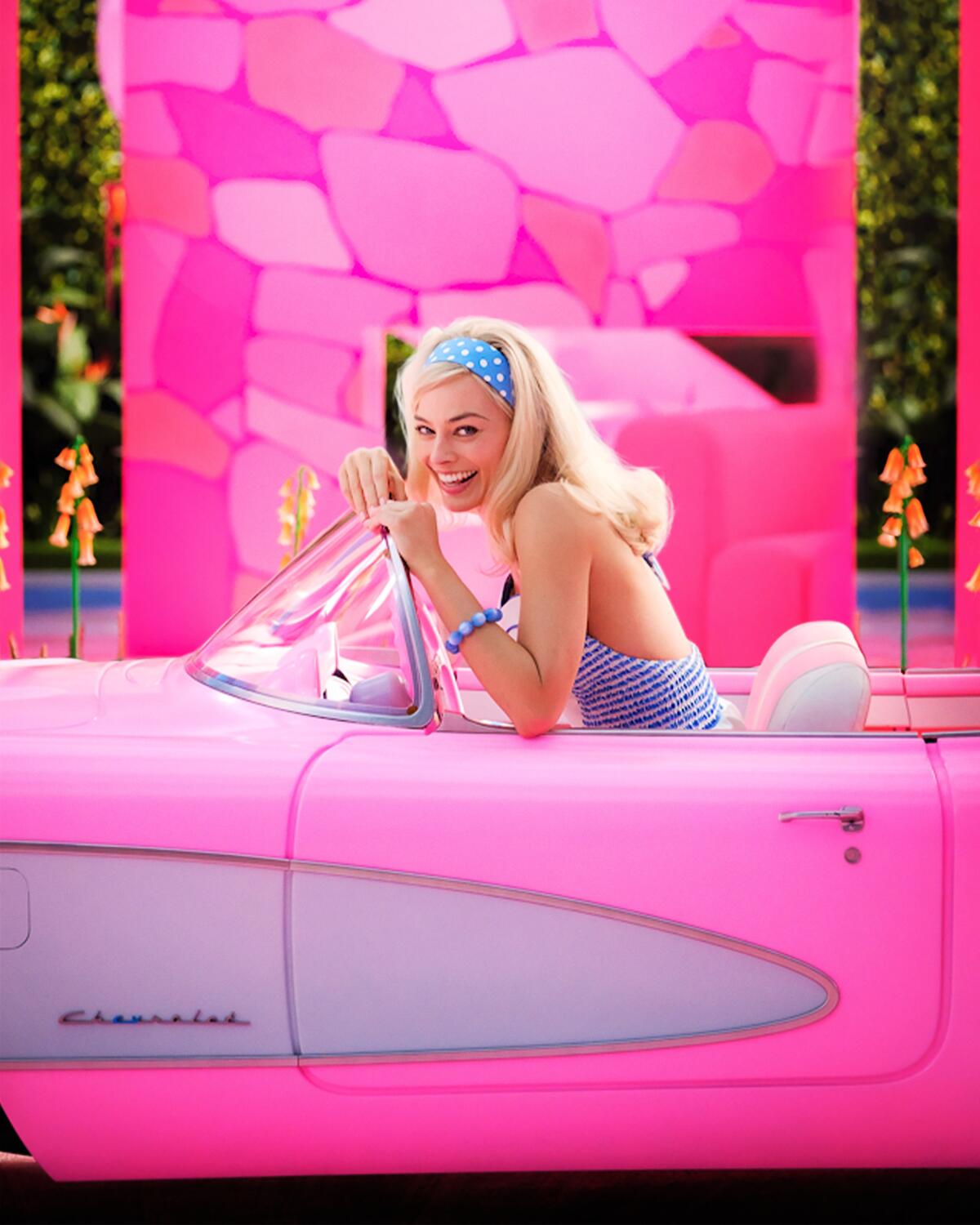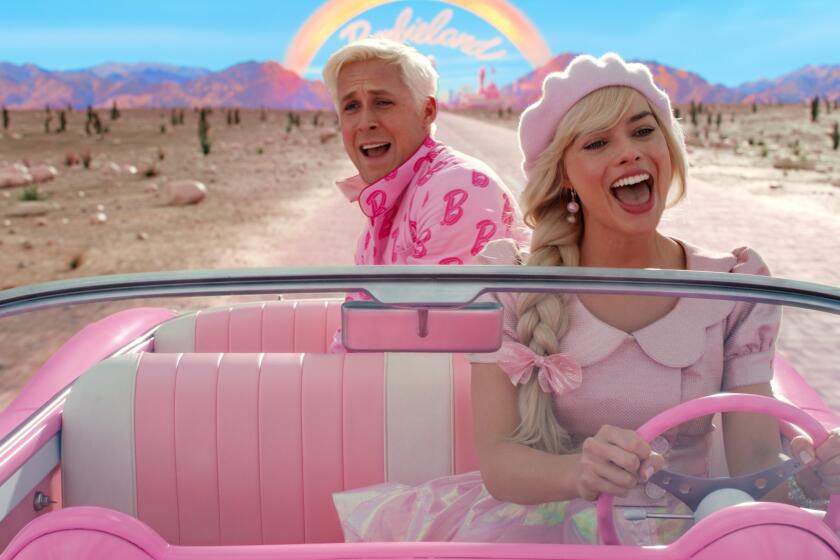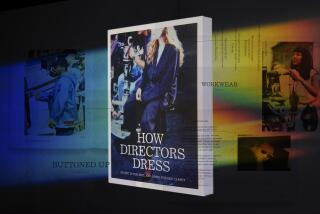Commentary: Barbie is ultra-feminine, and that is her power

- Share via
Growing up in New Delhi, I saw Barbie as more than just a doll. She was the central character in countless stories filled with politics, drama and intrigue that I, like many other girls, staged on my bedroom floor. As I had Barbie enact different lives and scenarios, I began to discover the joy of storytelling even before I could read or write. Barbie was the springboard for my journey as a writer who would go on to study English at one of the world’s top universities and write for my dream publications.
As much as I loved Barbie, our time together could only last so long. Eventually, I grew embarrassed that I still played with my Barbie dolls while my middle-school friends had all moved onto more “mature” pursuits. Barbie became synonymous with being a fake, “plastic” girl and my friends and I developed a nausea over her trademark fluorescent pink clothing.
By the tender age of 12, my friends and I had developed a sexist disdain for all girlish things, and Barbie topped our list of items to outgrow. Every pastime we took up instead seemed either gender-neutral or traditionally masculine. For a brief period I took up watching football to look cool (a hobby that lasted for exactly a month).
Barbiephobes might say I became a feminist despite Mattel’s sexist grooming. They probably never played with Barbie.
Looking back, it all feels like we were missing the point: Barbie was simply a blank canvas upon which to draw our ideas. It was our own fault that we had come to villainize her for wearing pink clothes and having blond hair.
Which is why I appreciate the way the Barbie movie — set to release on Friday — is being marketed. The movie promotions and Barbie’s fluorescent pink hues are everywhere. There are 100 or more brand collaborations, and you can get Barbie-pink everything from roller blades and pool floats to make-up and shoes. In Malibu, there is an Airbnb modeled after Barbie’s pink Dream House.
There’s even a term to describe the ultra-feminine aesthetic: Barbiecore. Judging by the trailer, which shows Barbie leaving Barbie Land to enter the “real world,” even though the live-action movie appears more subversive than the doll’s previous animated movies that are typically set in fantasy realms, Barbie’s trademark femininity is kept in place through it all.
One of the things that excites me the most about the new movie is that it is co-written and directed by Academy Award-nominated director and screenwriter Greta Gerwig, whose previous films such as “Little Women” and “Lady Bird” have presented nuanced, female-first narratives. Gerwig has confessed to having played with Barbies into junior high and her experience influenced her spin on the movie. While Gerwig’s Barbie is still shown to be the “perfect girl,” her entrance into the real world exposes her awkwardness and relatability in a way that still feels in keeping with her past persona. And this new Barbie can throw a mean sucker punch when aggravated.
Looking at her history and evolution, Barbie is clearly a strong, independent woman — the sort advocated by all four waves of feminism.
In an interview with Architectural Digest, Gerwig said the team had many meetings just to settle on the correct shade of pink for the movie — one that was beautiful but “not too classy,” she said, “because when I was a little girl, I loved the pinkest, brightest things.” It was wonderful to hear Gerwig say this nostalgically, without a hint of the judgment that I and my peers had of Barbie all those years ago. Hearing this from one of my favorite feminists (and yes, I keep a running list of them in my head), and learning about the care with which this movie was made, would have been really important to me as a little girl who often felt uncomfortable in her femininity.
The Barbie movie shows the fun in being feminine. I am excited to see how Gerwig’s movie will add to the Barbie lore, because despite her flaws and controversies, Barbie has always been more than just a doll.
More to Read
A cure for the common opinion
Get thought-provoking perspectives with our weekly newsletter.
You may occasionally receive promotional content from the Los Angeles Times.













